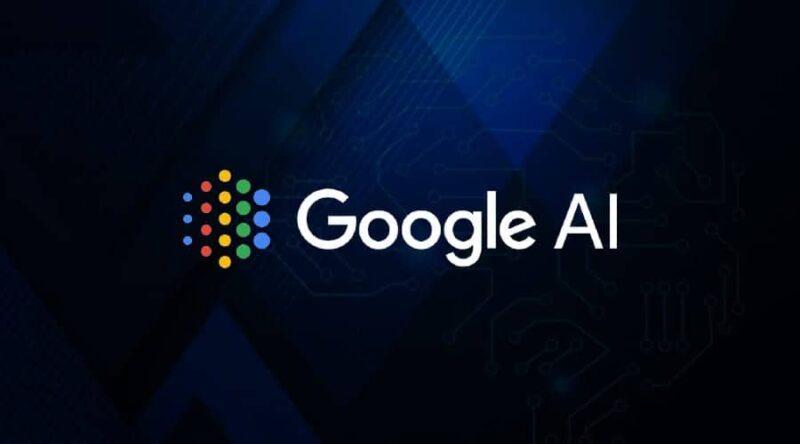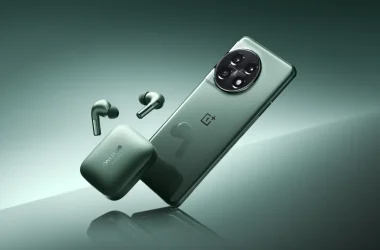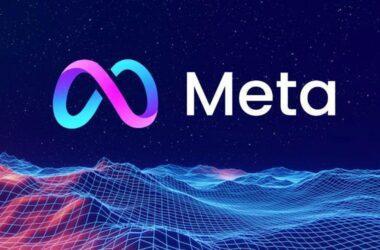Google’s new AI technology has been making waves in the music industry, with its ability to turn text into music. The AI, known as Magenta, uses deep learning algorithms to generate music from text inputs, creating a new way for artists to express themselves and for fans to experience music in a whole new way.
The development of Magenta was a collaboration between Google’s AI research team and the Magenta project, which aims to use AI to advance the field of music and art. The technology works by training a deep neural network on a large dataset of music, allowing it to understand the patterns and relationships between different musical elements such as melody, harmony, rhythm, and timbre.
Once the AI is trained, it can generate new music by using text inputs as a guide. For example, an artist could provide lyrics to a song and the AI would generate a unique melody and accompaniment to match the mood and style of the lyrics. The resulting music is not just a simple repetition of existing songs, but a completely new and original composition, generated by the AI in real time. For some examples try this Google MusicLm.
https://google-research.github.io/seanet/musiclm/examples/
One of the most exciting aspects of Magenta is its ability to incorporate different styles and genres of music. Artists can choose from a range of styles, from classical to hip-hop, and the AI will generate music that fits within that style. This means that artists can experiment with different genres and create entirely new music that combines elements from multiple styles.
Another exciting aspect of Magenta is its potential for collaboration between artists and AI. With the AI’s ability to generate music from text inputs, artists can work together to create entirely new compositions, with the AI taking care of the musical aspects while the artists focus on the lyrics and storytelling. This opens up new possibilities for collaboration between artists and AI, creating new forms of music that were previously not possible.
However, the use of AI in music is not without its challenges. One of the main concerns is the potential for AI to replace human musicians and composers, leading to a loss of creativity and artistic expression. While Magenta and other AI technologies can generate new and exciting music, they are not capable of replicating the emotional depth and expression that can only be achieved by human musicians.
Another concern is the issue of ownership and copyright. With AI-generated music, it can be difficult to determine who owns the rights to the music and how it can be used. There is also the question of whether the music generated by AI should be considered a new form of art or simply a tool for human musicians. These questions will need to be addressed by the music industry and legal system in the future.
In conclusion, Google’s new AI technology, Magenta, has the potential to revolutionize the way we experience and create music. With its ability to turn text into music and incorporate different styles and genres, it opens up new possibilities for artistic expression and collaboration. However, the use of AI in music also raises important questions about ownership and the future of human musicians, which will need to be addressed in the coming years. Regardless, Magenta is an exciting new development in the world of music and AI, and its potential for creative expression and collaboration is limitless.






